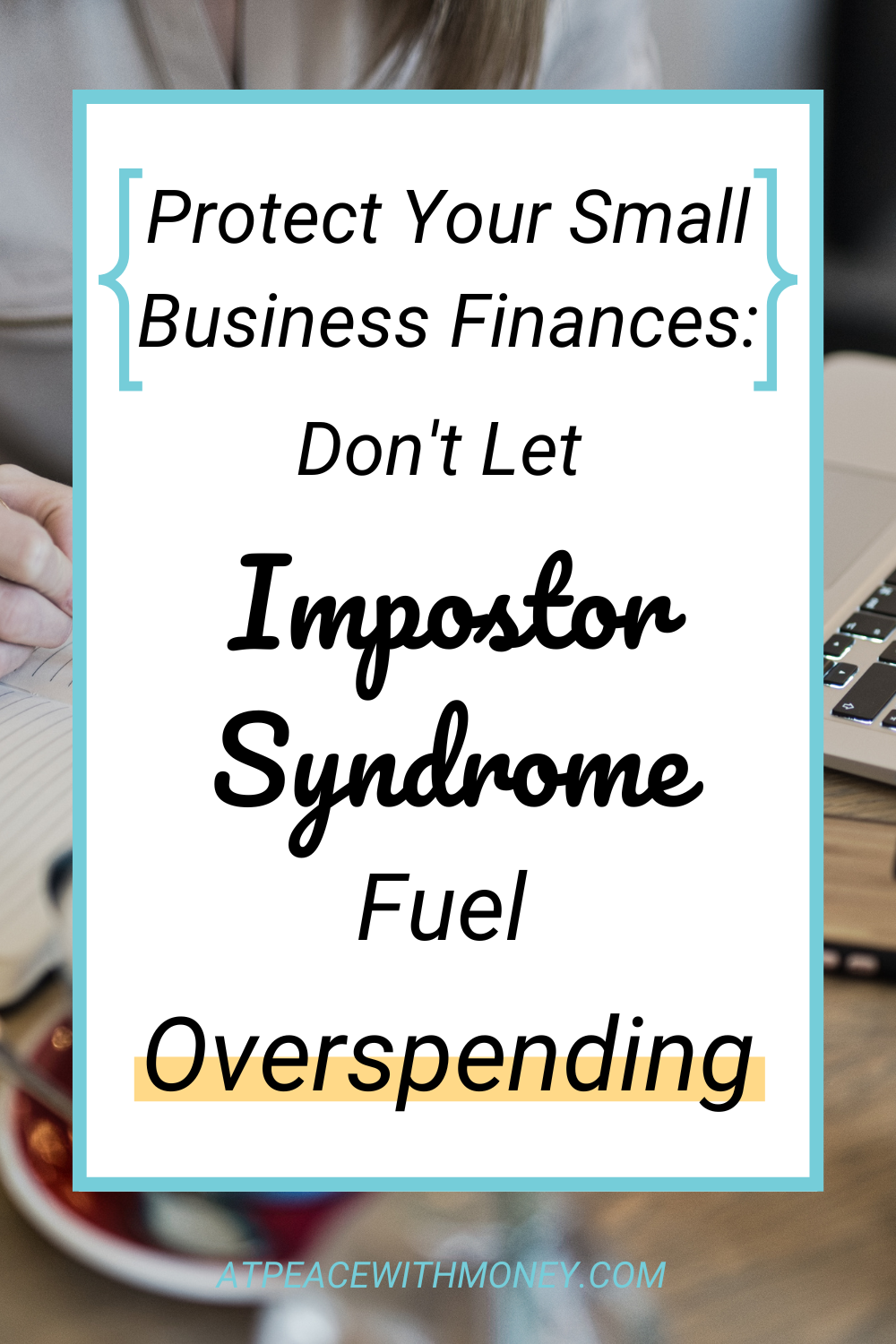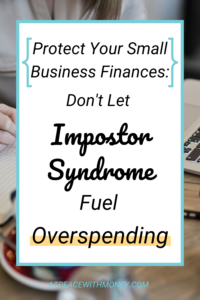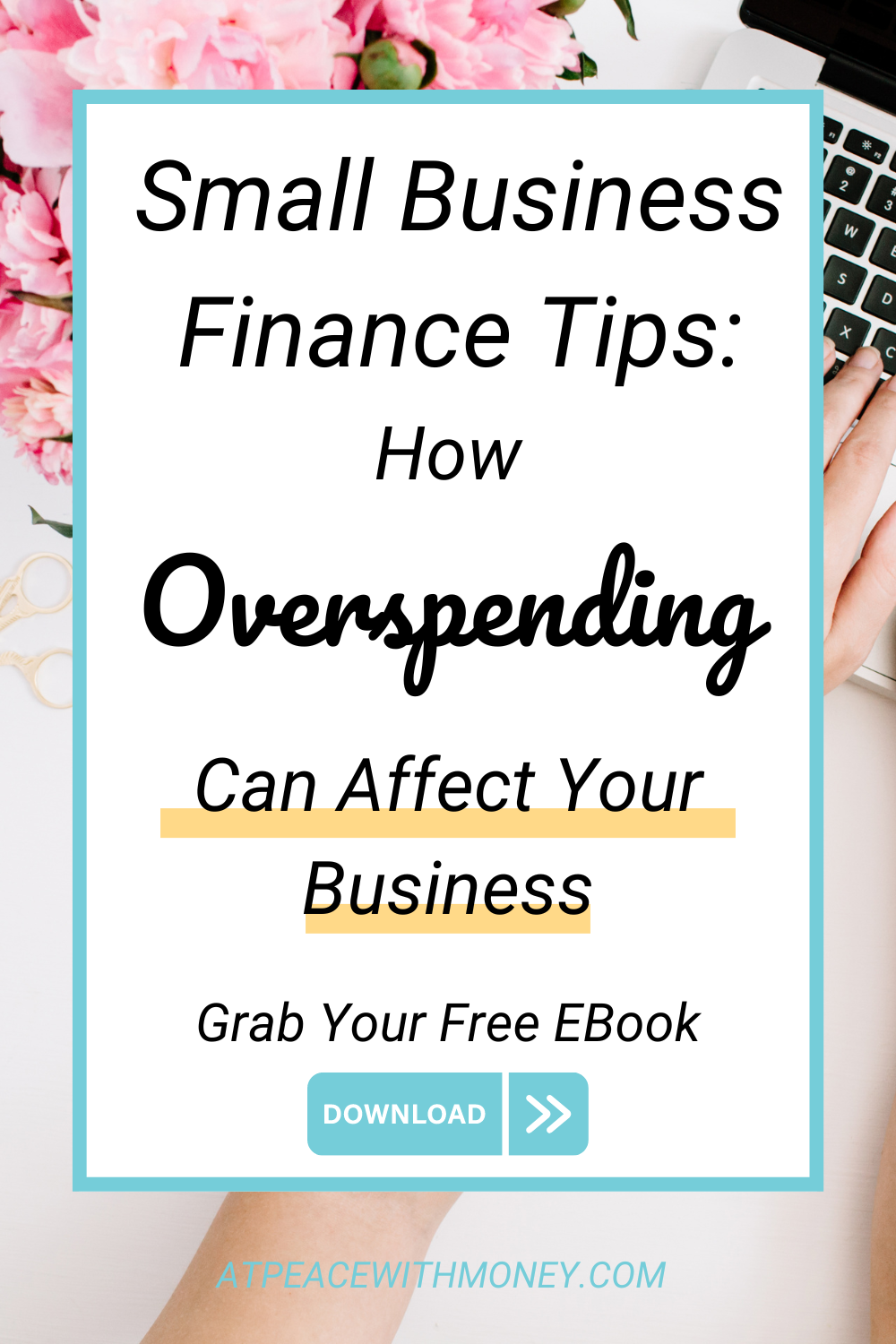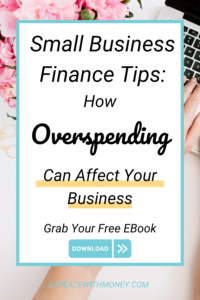Don’t Let Impostor Syndrome Fuel Overspending In Your Business

Here are three tips to help you curb overspending or impostor-syndrome-based emotional spending in your business:
Create Financial Clarity
Oftentimes, an unclear financial situation in your business can contribute to your feelings of impostor syndrome. Whether you’re unclear on whether your business is actually profitable or accidentally underpaying yourself, financial murkiness can lead to several issues that leave you feeling “not good enough.”
The antidote to this is to build a restorative money system for your business and make a habit of checking in with your finances regularly. The more you know about your business’s finances and take action to influence them positively, the more confident you’ll feel about your business overall. This tip also has the added bonus of bringing you more awareness around what types of spending decisions you can or can’t currently afford to make, thus curbing the potential for overspending even further.
Take Stock of Your Goals Before Making a Spending Decision
If you want to make spending decisions from a calm and confident place, it’s important to give yourself a chance to step out of the emotions that impostor syndrome might bring up. This means checking in with your goals for your business and your values for your life. Ask yourself, “Will this investment bring more of what I want for my life and my business?”.
Sometimes your main interest in making an investment can be traced back to simply feeling “not good enough.” Reconnecting with your goals and vision for your business can help you release this mindset and instead consider whether a particular spending decision fits well into your overall business plan.
Weigh the Costs and Benefits
I encourage my clients to consider the question, “Will this investment help me make more money?” This is a question that can often easily be answered with some math. I highly recommend reading my article “How Much Should You Invest in Your Business?” which goes into detail on how to weigh the costs and benefits of purchasing equipment or supplies, hiring an employee, and getting coaching or further training.
If you enjoyed this post, you might like to join my newsletter list! Each month I send out a tailored newsletter with business finance tips for the month, solopreneur features, and sometime other fun stuff, like giveaways! Subscribers also receive my weekly blog posts straight to their inbox. It’s pretty great. Click here or below to join us:














